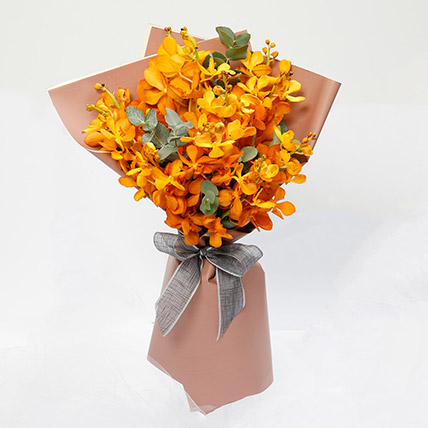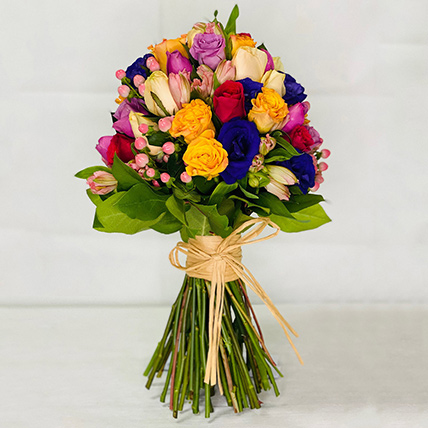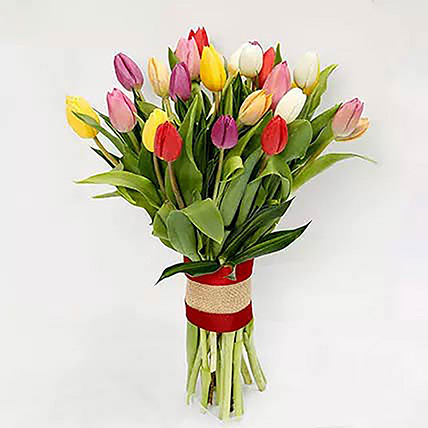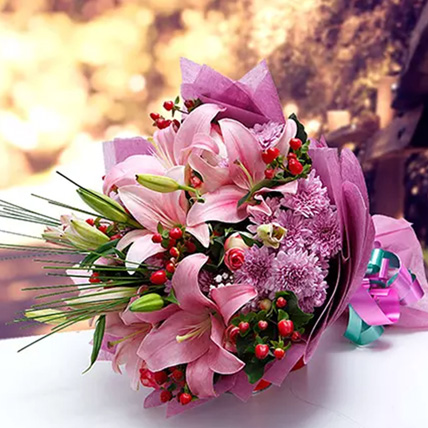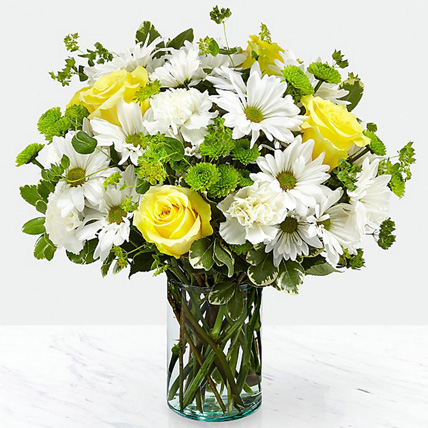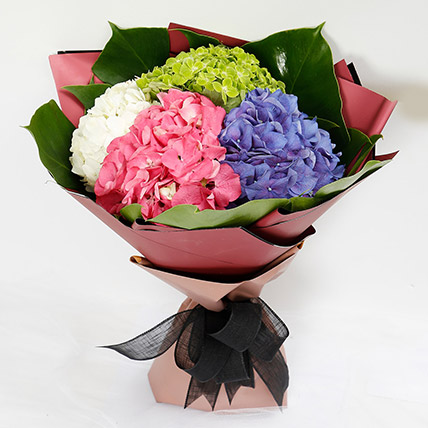Top 5 Edible Flowers & Their Nutritional Benefits
- Author: Anushka Published: 14th October, 2021
Flowers not only look or smell good but some flowers also taste nice. There are so many flowers across the world that have a wealth of benefits. Moreover, ever since corona has upended our lives, people have started to embrace a healthier lifestyle by including raw and organic food items in their diet and flowers are one of them.
.jpg)
Not long ago, edible flowers were limited to decorating baked items or utilised as a colourful garnish on the plate. Soon we started growing the edible flowers for cakes in a much safer way, free of harmful chemicals & pesticides that were available in a burst of flavours. Fast forward today, they can be consumed in a variety of ways such as fitters, curry, salads, soups and rice pudding.
Listed below are some of the top edible flowers that can be well-utilised in your day-to-day household cooking.
- Hibiscus
- Lavender
- Rose petals
- Honeysuckle
- Marigold
Hibiscus are huge, colourful blossoms that are often used to make herbal tea. According to the studies, Hibiscus are rich in antioxidants & vitamins and help lower blood pressure and cholesterol levels. These also promote weight loss and are great for people with liver disorders.
You can consume the flower directly, use it to make tea, turn it into jams or simply sprinkle the dried flower over yoghurt, salad or oatmeal.
Yes! You can also eat Lavender. Given its natural calming properties, it is good for your digestive system, reduces anxiety and works as a natural sleeping aid.
This bluish, purple flower has a woody, apple-like and smokey flavour that goes well with baked goods, herbal tea, infused syrups, sorbets and herb mix. Furthermore, growing lavender indoors is very much possible today given you provide enough love, care and attention for them to thrive. You can easily buy plant seeds online, plant them into a pot and watch them grow into mature plants.
The benefits of consuming rose petals are well known. The queen of flowers has an aromatic, floral and mildly sweet flavour. It can be eaten raw, mixed into dessert or sprinkled on fruit or green salads. A kind of preserve called ‘gulukand’ is also made from rose petals that is an excellent coolant for our body. Drinking rose water is good for sore throat since it relaxes throat muscles.
SHoneysuckle is a fragrant flower that has been a staple ingredient in medicines for centuries given its anti-inflammatory properties. The nectar from these blossoms can be consumed or applied to the skin for its anti-inflammatory properties.
Marigold or Calendula flowers are used to make herbal tea, tinctures and ointments. Given its soothing properties and anti-inflammatory effects, it can relieve sunburn, insect- bites and dry skin.
The flower is a promising source of high flavonoid content that promotes cell health and prevents cancer. Furthermore, you can add its petals to salads, flavour any soup, crumble them onto ice cream or even smoothies.




